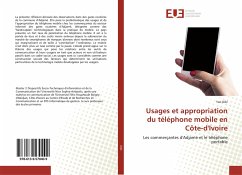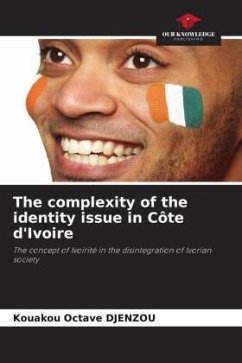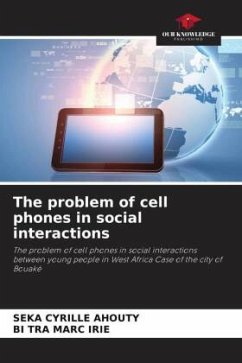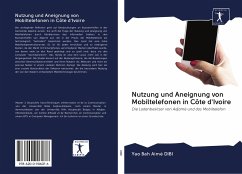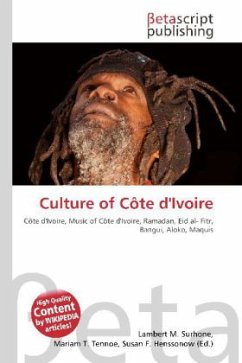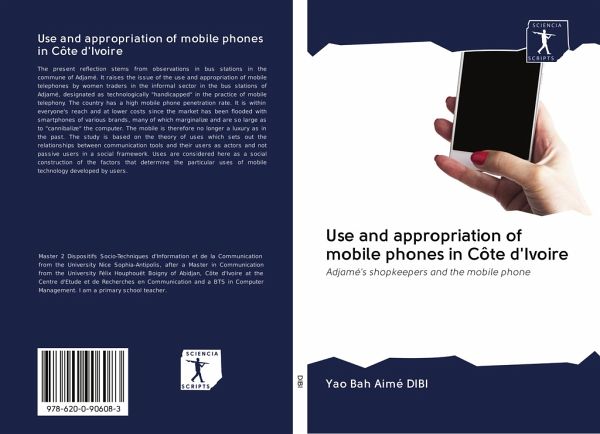
Use and appropriation of mobile phones in Côte d'Ivoire
Adjamé's shopkeepers and the mobile phone
Versandkostenfrei!
Versandfertig in 6-10 Tagen
25,99 €
inkl. MwSt.

PAYBACK Punkte
13 °P sammeln!
The present reflection stems from observations in bus stations in the commune of Adjamé. It raises the issue of the use and appropriation of mobile telephones by women traders in the informal sector in the bus stations of Adjamé, designated as technologically "handicapped" in the practice of mobile telephony. The country has a high mobile phone penetration rate. It is within everyone's reach and at lower costs since the market has been flooded with smartphones of various brands, many of which marginalize and are so large as to "cannibalize" the computer. The mobile is therefore no longer a l...
The present reflection stems from observations in bus stations in the commune of Adjamé. It raises the issue of the use and appropriation of mobile telephones by women traders in the informal sector in the bus stations of Adjamé, designated as technologically "handicapped" in the practice of mobile telephony. The country has a high mobile phone penetration rate. It is within everyone's reach and at lower costs since the market has been flooded with smartphones of various brands, many of which marginalize and are so large as to "cannibalize" the computer. The mobile is therefore no longer a luxury as in the past. The study is based on the theory of uses which sets out the relationships between communication tools and their users as actors and not passive users in a social framework. Uses are considered here as a social construction of the factors that determine the particular uses of mobile technology developed by users.



